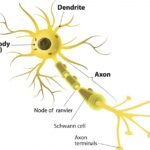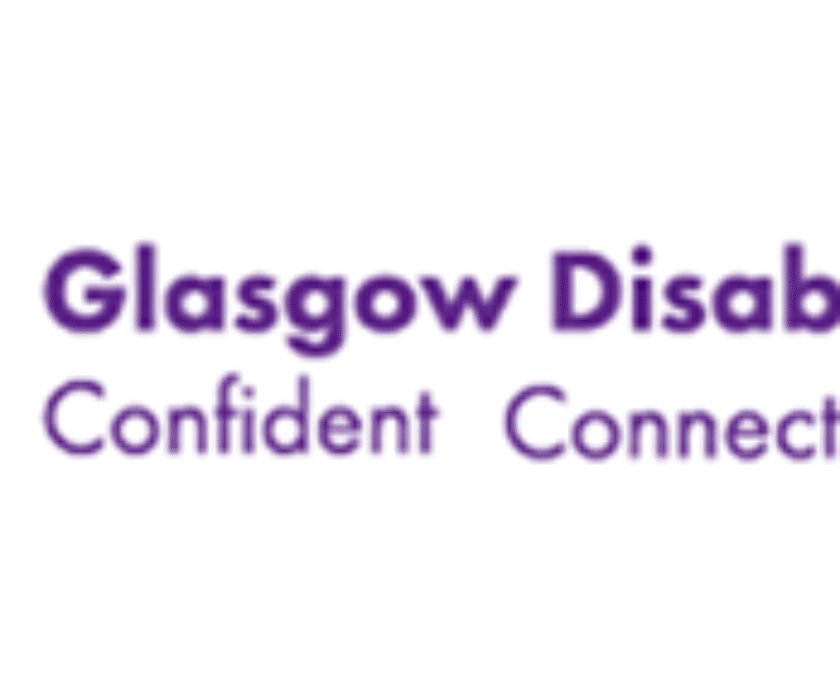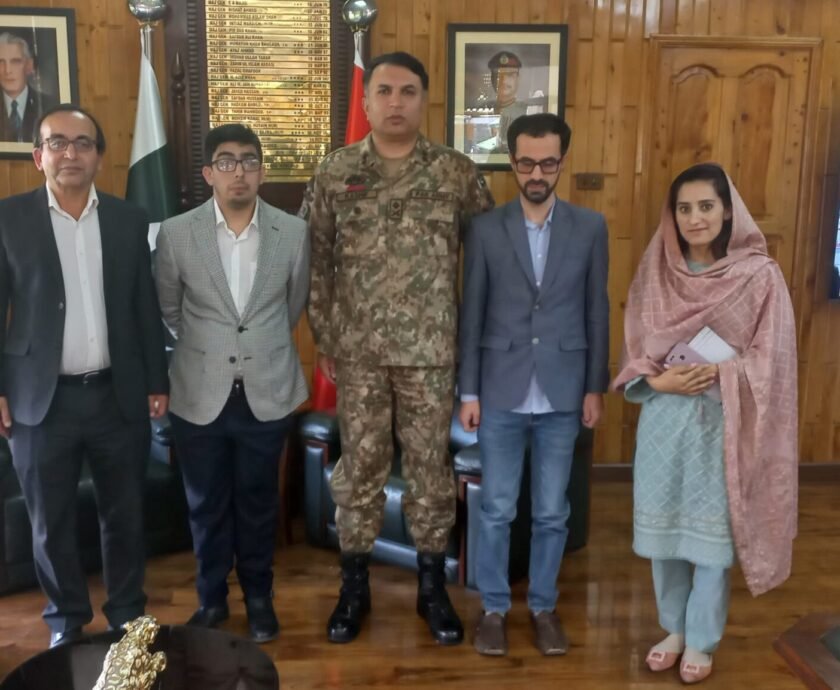Are disabled people abused in society?
To understand this better, we can apply the analytical lens of political scientist Mancur Olson, who explored the concept of “abuse” as a factor influencing societal behavior. Olson’s work focuses on how individuals and groups operate within systems of power and how these systems impact their opportunities and well-being through rational choice.
In Olson’s framework, abuse can be seen as a manifestation of power imbalances within a society. When we broaden the term “abuse,” it encompasses more than just direct mistreatment; it also includes the subtle, systemic power relations that disadvantage certain groups. Abuse, in this context, is not just about overt harm but also about the lack of access to resources and opportunities, which reflects a deeper power disparity.
For many disabled individuals and those living in poverty, this power imbalance becomes evident. They often lack the same access to resources, social networks, and opportunities as those who are more privileged. This disparity is not merely an individual failing but a reflection of systemic issues where power and resources are unevenly distributed.
Using Mancur Olson’s perspective, he suggests that the state of being “helpless” is deeply entwined with these power relations, as it is rational and logical not to change things and keep the status quo (see Olson’s 1967 The Logic of Collective Action)
It highlights that what we often perceive as individual weakness or dependency can be a consequence of broader societal dynamics. In this light, the helplessness of the disabled and impoverished is not solely an individual condition but a symptom of the larger societal structures that fail to provide equal opportunities and support.
The question then arises, why do we like to abuse the disabled, the poor, the weak etc? Is it not time that we wake up and resolve this?



